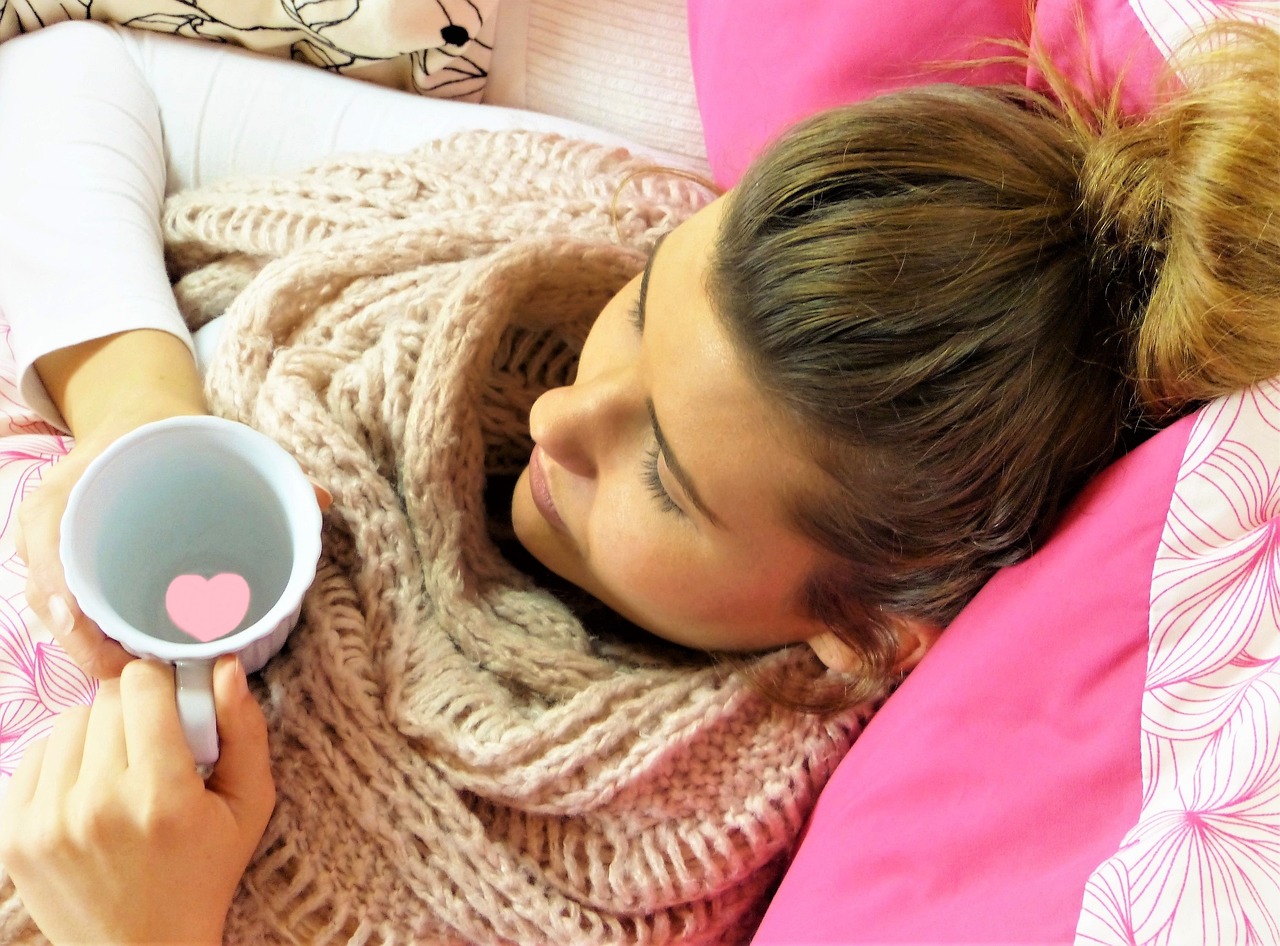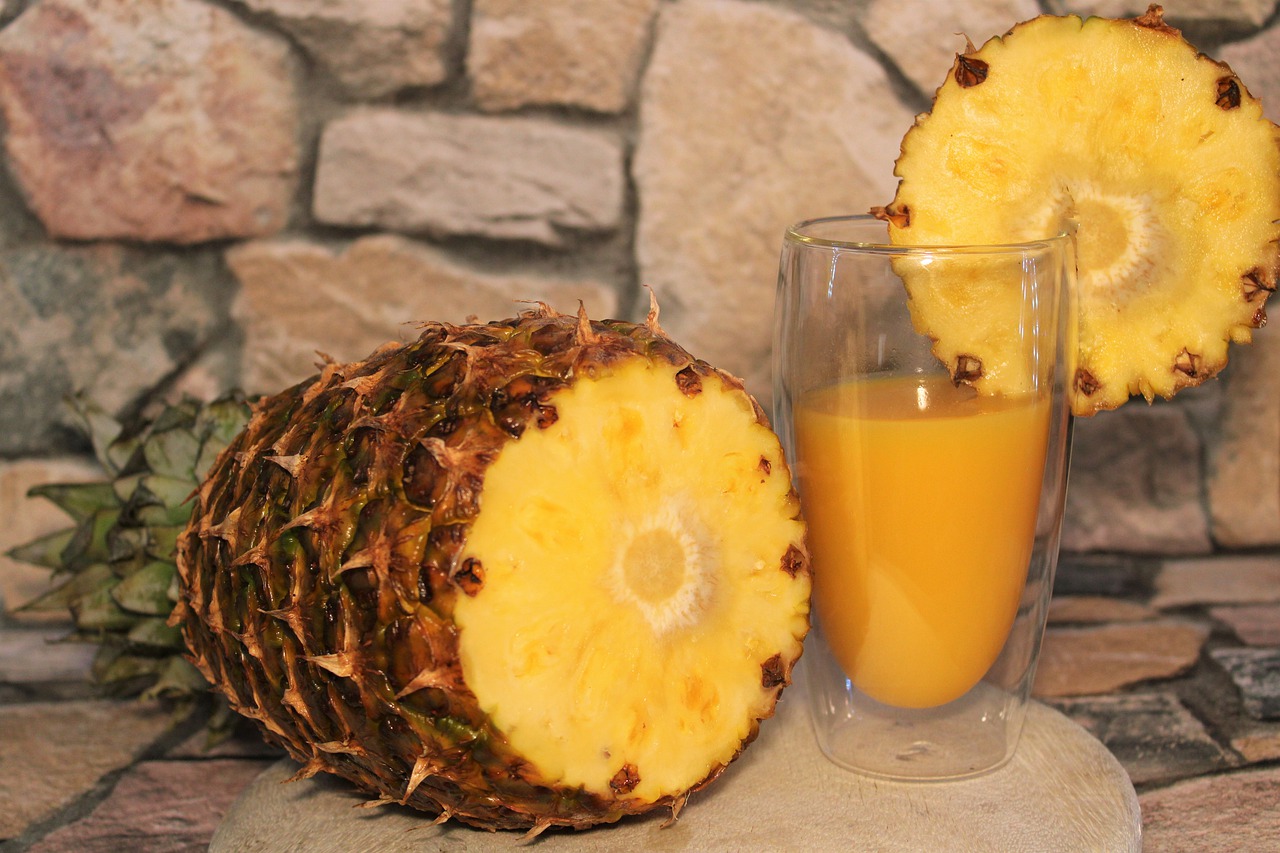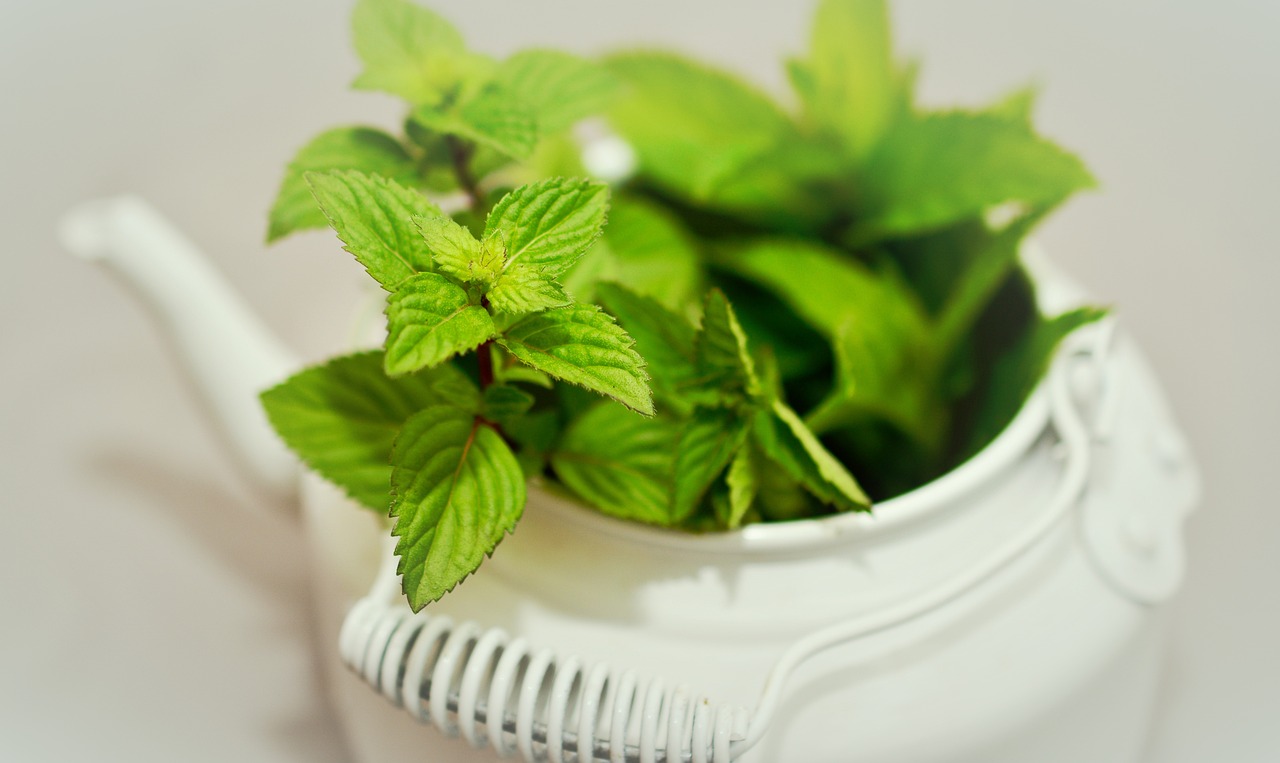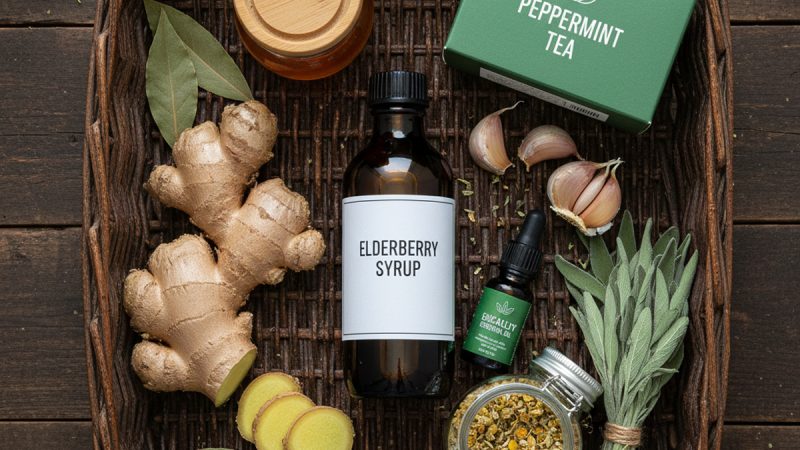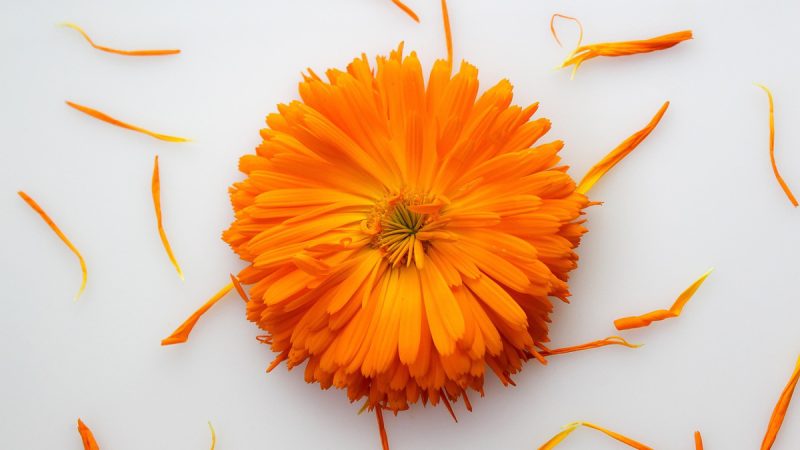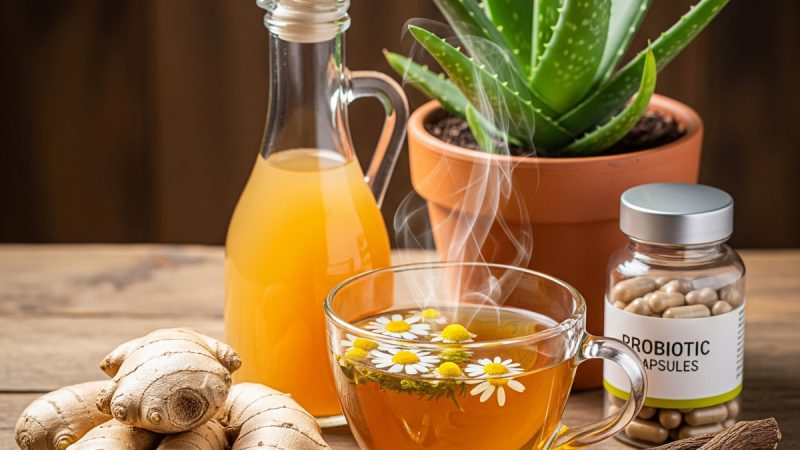Remedies from Your Flower Bed
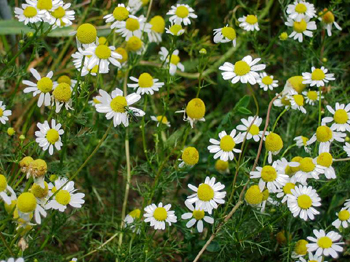
The flowers in your garden can often do more than just look beautiful. They can be used as home remedies in many different categories. They can be used as aromatherapy, to help you relax, and to clean wounds. All it takes is a bit of knowledge.
Calendula:
This is a type of marigold, and is often called “pot marigold.” The colors are similar in both plants, though the flowers are different. The petals can be used to clean wounds. They are astringent and slightly antibacterial. You can use them either dried or fresh. Bring water to a boil, remove it from the heat and the petals. Let them steep for about twenty minutes and you can use the liquid.
Chamomile:
The slightly apple like flavor of chamomile may gently relax you. It’s usually considered safe for children over six, though check with the pediatrician before giving it to children. The process is similar as for calendula, steep about a tablespoon of the flowers in a cup of hot water. Let it sit for ten to fifteen minutes, strain and drink. For younger children, use only a teaspoon.
Lavender:
This is one of my favorite flower garden plants. There are several different varieties, though they all have the same use. It is often recommended as aromatherapy to help relieve stress and anxiety. It can be made into a tea, as well. A tablespoon of dried lavender flowers can be steeped in a cup of hot water. If you are using fresh, you may want to add more.
Lobelia:
There are some arguments about the use of this flower as an herbal remedy. It is recommended by some for asthma and as an antispasmodic. I am against the use of it, as I feel it could be very dangerous. It is one of the most violent purgatives in the herbal pharmacopeia. It will cause severe nausea, vomiting and diarrhea, which is bad enough. It also affects the central nervous system. If enough is taken, it can cause you to pass out, go into a coma and/or die. There are other herbs that can help with spasms, please don’t use this one.
Roses:
While most herbal remedies from this plant involve the fruit, or rose hip, the dried flowers can also be beneficial. It is often recommended for headaches, dizziness and menstrual cramps. Nursing mothers should be very careful about drinking rose tea, as it can result in diarrhea in the infant.
It is always a good idea to talk to your doctor before starting any new herb or other supplement. This can help prevent side effects and dangerous herb/drug interactions. Give the doctor a complete list of anything you are taking, whether it’s prescription, over the counter or in supplement form.
The Author:
Mary Bodel has been a master herbalist since 2004 although my training began long before I reached that level. I believe that health encompasses more than taking care of our bodies. It involves everything from what we eat to what we read. It involves our spirit as well as our body.


